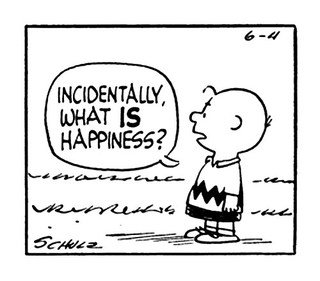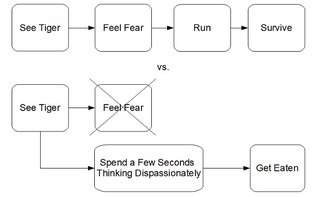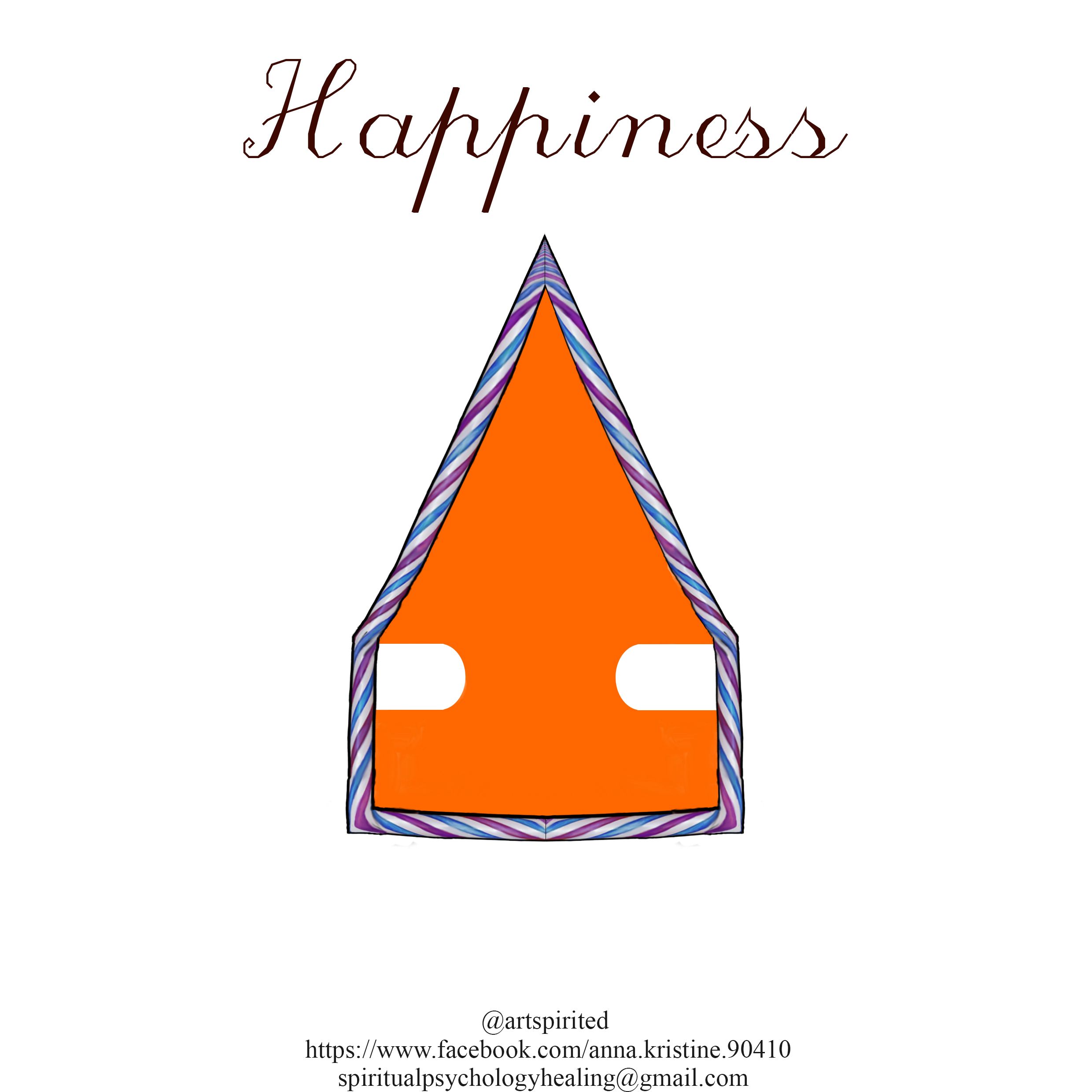Happiness: A Product of Evolution or Positive Psychology?
Is happiness more than just a feeling?

The internet is chock full of articles and books promoting and emphasizing the importance of being happy. "Being happy" has been peddled as the gold standard for success, well-being, and the secret to Life. I myself have written a fair bit and read numerous books on the subject.
Why do people speak about happiness as elusive? Forget the problems of the world, why are books on positive psychology especially Happiness, selling like hot cakes? Clearly, people are on what many refer to as the pursuit of happiness.

How does this emotion benefit humanity? Where does it come from?
I did a bit of digging and came across this very, interesting perspective that has me viewing emotions in a new way.

Are Emotions The Result of Evolution?
"Positive psychology that focuses on increasing happiness without taking evolutionary principles and research into account is simply naive and potentially misguided".
From an evolutionary perspective, anxiety exists to motivate people into taking action.
i.e: We know that fire can hurt us, which is why we know to run from a burning building.
Essentially, human anxiety is behavioural adaptation to everyday threats and are passed down through evolution.

• Experiencing snakes in the jungle.
• Finding yourself lost in the woods.
• Being shunned by social circles.
• Having your social status was threatened.
• Experiencing breakups with intimate others.


The Evolutionary Perspective on Happiness.
“Anxiety evolved to motivate adaptive behaviours, as did happiness.”
People are happiest about things that (we consider) serve our basic needs. For example, food, sex, socializing, etc. - unaware that these behaviours and emotion contribute to human survival.
I found Rishabh Sha’s research interesting. He mentions that the psychological state of happiness tends to make individuals more likely to seek risks than avoid them. This is the same when a person is feeling anger.
Both emotions motivate us to take action which will ultimately increase survival and reproduction.

An article by Dr.Sonya Lyubomirsky explains that happy people, in general, are more likely to attract a partner. Happiness is hereditary, meaning happy people pass on the happiness gene to future generations.
CNBC reports research by Meike Bartels (2016) found there were twenty points on the human genome that could be linked to human happiness. Similarly, less happy people pass on their non-happy genes and are likely to have other traits which aid in survival, Lyubomirsky says.
" We evolved to be happy when presented with rich food offerings because our ancestors, who were motivated to find rich foods were more likely to eat and thus survive and reproduce."
Happiness is then an affective state motivating us to take action that increases the likelihood of survival and/or reproduction.

Closing.
Studies conducted by Dr.Lyubomirsky’s lab show that 50% of individual differences in happiness are determined by genes, 10% by life circumstances, and 40% by our intentional activities (things we do and think throughout our day).
“Research is showing pretty convincingly now that happiness is really within us, it's not outside of us," says Lyubomirsky, The How of Happiness.
Perhaps this is why many of the wealthy and celebrities are unhappy, and the poorest people have the widest smiles?
“In a study of 792 well-off adults, more than half reported that wealth didn’t bring them more happiness, and a third of those with assets greater than $10 million said that money bought more problems than it solved.”Dr.Lyubormirsky

Evolutionary psychologists theorize that happiness was an adaptive advantage. Happiness aided our survival in all sorts of important ways—it made us fitter, more attuned to our environment, more social, more energetic—and because happy people were more apt to survive, they were more likely to pass on their happiness genes. Like all evolutionary adaptations, happiness first occurred as a genetic variation, but persisted because it helped us stay alive.by Quartz
“Happiness is not the goal; it is a means to an end.”
In the understanding of what it is to be human, the evolutionary perspective along with it’s findings may just be the missing link to what makes us tick.
Follow me @BelleKaur.
Articles:
Are We Evolved For Happiness?
What is The Purpose of Happiness?
On Origins of Sadness and Happiness.
Positive Psychology: The Science of Happiness.
PDF: Stability and Change in Genetic and Environmental Influences on Well-Being in Response to an Intervention
Previous Psychology Articles:
